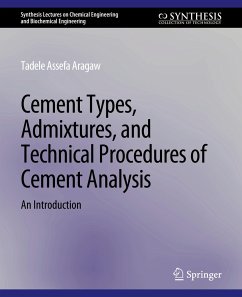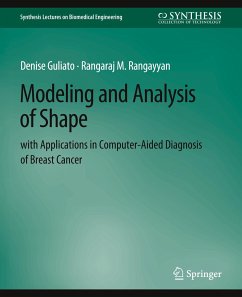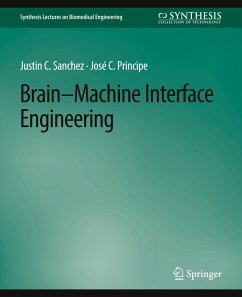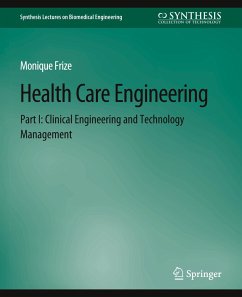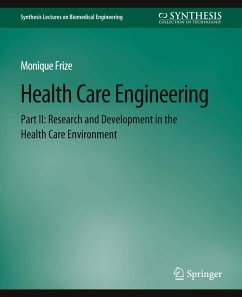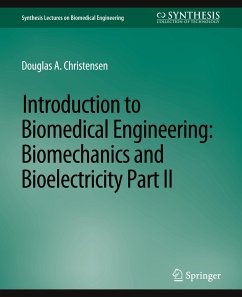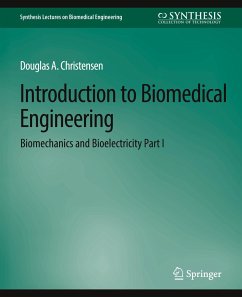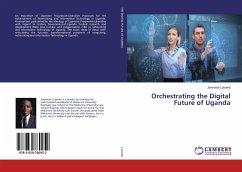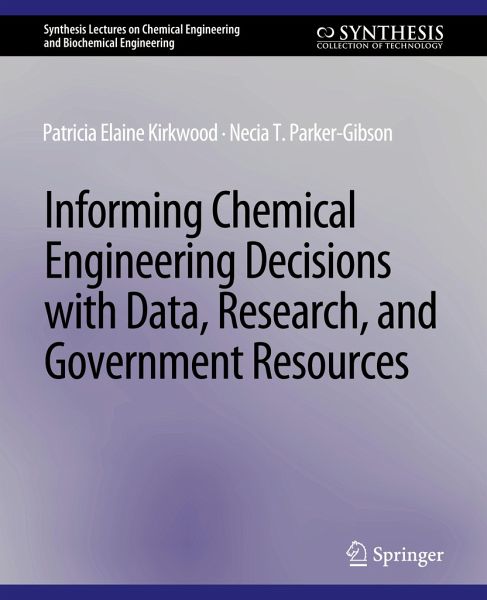
Informing Chemical Engineering Decisions with Data, Research, and Government Resources

PAYBACK Punkte
0 °P sammeln!
This book offers new engineers and engineering students appropriate and effective strategies to find data, statistics, and research to support decision making. The authors describe the utility of solid reputable sources and help readers go beyond reliance on the quick Internet search, a habit which is often both inadequate to complex tasks and a source of criticism from employers. Some sources are free; others are available through libraries, or by purchase or subscription. This title can be used as a guide in concert with the advice of professors and colleagues, and potentially as a textbook....
This book offers new engineers and engineering students appropriate and effective strategies to find data, statistics, and research to support decision making. The authors describe the utility of solid reputable sources and help readers go beyond reliance on the quick Internet search, a habit which is often both inadequate to complex tasks and a source of criticism from employers. Some sources are free; others are available through libraries, or by purchase or subscription. This title can be used as a guide in concert with the advice of professors and colleagues, and potentially as a textbook. The examples are primarily from chemical and agricultural engineering, but the strategies could be adapted to other disciplines. An array of sources are shown, ranging from scholarly or professional societies, data sources, and books, to handbooks and journal sources, and less commonly used credible government documents and Web resources, including information from the USDA, the EPA and theDOE. Two case studies show research processes and the application of the underlying strategies and some of the tools.



